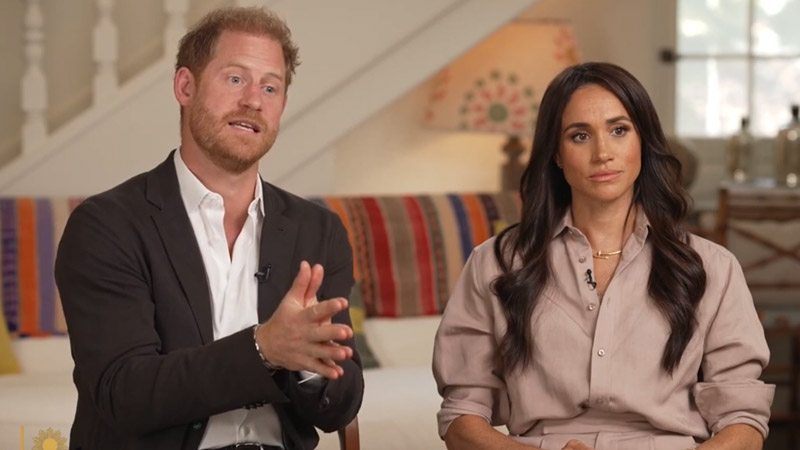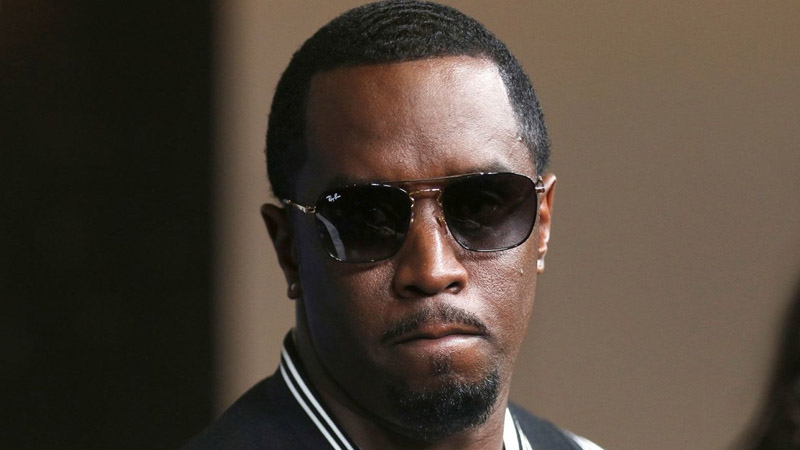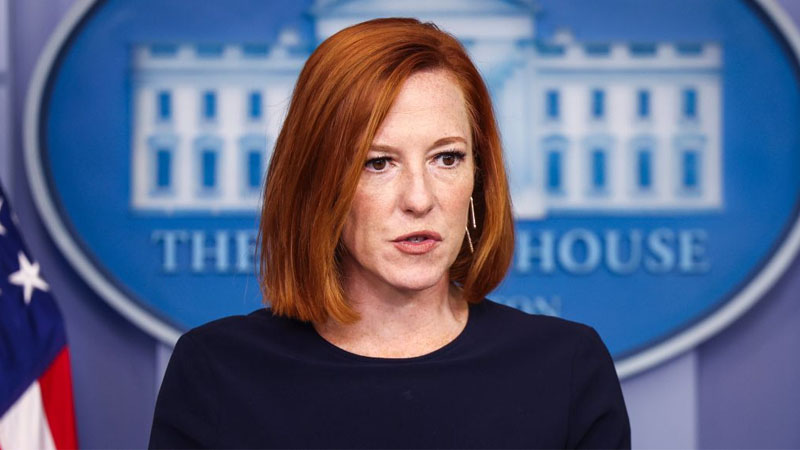Meghan Markle and Prince Harry open up about cyber abuse, ‘suicide’ Prevention in New Interview

YouTube /CBS Sunday Morning
Prince Harry and Meghan Markle have broken their silence on the pressing issues of cyber abuse and the early signs of suicide in a new interview.
The Duke and Duchess of Sussex, in a clip from their interview with CBC host Jane Pauley, discuss the critical need for parents to protect their children from online harm. They also share personal reflections on their experiences with their children, Prince Archie, five, and Princess Lilibet, three. The full interview is set to air on Sunday.
The Duchess expressed their parental instincts, saying, “Our kids are young, they’re three and five, they’re amazing, but all you want to do as parents is protect them.”
Meghan continued, highlighting their commitment to positive change: “We can see what’s happening in the online space. We know that there’s a lot of work to be done there, and we’re just happy to be able to be a part of change for good.”
Pauley mentioned the importance of children having someone to turn to when they need help. Harry responded, emphasizing the role of parents: “At this point, we’ve got to the stage where almost every parent needs to be a first responder.”
He underscored the difficulty parents face in recognizing the signs of severe mental distress: “Even the best first responders in the world wouldn’t be able to tell the signs of possible suicide. That is the terrifying piece of this.”
The Duke and Duchess’s remarks bring attention to the urgent need for increased awareness and proactive measures to safeguard children from the perils of cyber abuse and to identify early signs of mental health crises. Their candid discussion aims to inspire other parents to be vigilant and proactive in addressing these critical issues.
By sharing their personal experiences and insights, Prince Harry and Meghan Markle hope to foster a greater understanding of the impact of cyber abuse on children and the importance of mental health awareness. Their interview is a call to action for parents, educators, and policymakers to prioritize the safety and well-being of young people in an increasingly digital world.


